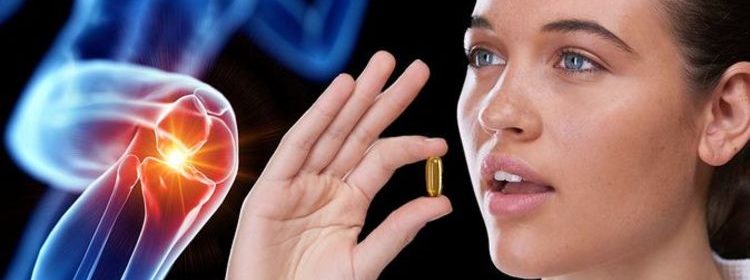Vitamin deficiency: ‘One in five are lacking an essential’ nutrient – symptoms

Lorraine: Dr Amir says spine could shrink if deficient in vitamin D
We use your sign-up to provide content in ways you’ve consented to and to improve our understanding of you. This may include adverts from us and 3rd parties based on our understanding. You can unsubscribe at any time. More info
Research from LloydsPharmacy has shared that less than a third of Britons understand how vitamin D impacts overall health. And more than a quarter isn’t aware of the symptoms that could indicate the sunshine vitamin deficiency. Express.co.uk provides a lowdown on the sunshine vitamin and the warning signs of its lack.
Vitamin D is “essential” for good health, Heart UK explains.
The sunshine vitamin helps to keep bones, teeth and muscles strong but it also plays a role in the immune system and heart health.
Not having enough of this vitamin can cause various problems, such as bone deformities, muscle weakness and pain.
The reason why it’s also called sunshine vitamin is because how your body can synthesise it.

Your body is able to create vitamin D from direct sunlight when you spend time outdoors.
So, during the warmer months between April and September, you should be able to synthesise all the vitamin D you need, the NHS explains.
Even short periods in the sun with bare skin can be enough to give you a daily dose.
However, because of the lack of sunshine during colder months, you might not be able to create this vitamin organically.
That’s why the Government advises everyone to look into taking a daily supplement of this vitamin.
Sun isn’t the only factor for vitamin D deficiency. From your ethnic background to the clothes you wear, there are more reasons which can be behind it, the health service details.
What are the symptoms of vitamin D deficiency?
Lack of vitamin D can be difficult to spot in adults but there are some signs.
The Cleveland Clinic reports these as the symptoms of vitamin D deficiency:
- Fatigue
- Bone pain
- Muscle pain or weakness
- Mood changes.

How much vitamin D do I need?
Anyone older than one year needs a dose of 10 micrograms per day, the NHS explains.
While babies under one year old need between 8.5 to 10 micrograms of the sunshine vitamin a day.
Vitamin D content can also be measured in International Units (IU).
One microgram of this vitamin is the equivalent of 40 IU, which brings your recommended daily intake to 400 IU.

The survey from LloydsPharmacy also found that one in ten aren’t aware of the best sources of vitamin D.
In case you’re not familiar, you can get the vitamin from certain foods, supplements and also sun.
According to the NHS, good food sources include:
- Oily fish (salmon, sardines, herring and mackerel)
- Red meat
- Liver
- Egg yolks
- Fortified foods (certain fat spreads and breakfast cereals).
LloydsPharmacy Pharmacist Anshu Kaura added: “We know there is a lot of confusion around vitamin D and LloydsPharmacy is here to help.
“We’ve created an online quiz so you can test your knowledge and learn more about this important vitamin. Visit the online tool and see if you are getting enough, or if you may need a little extra support, we’ve got some tips to help.”
Source: Read Full Article